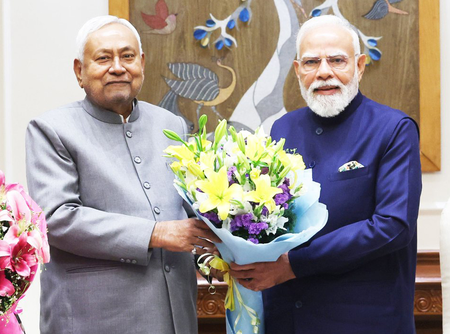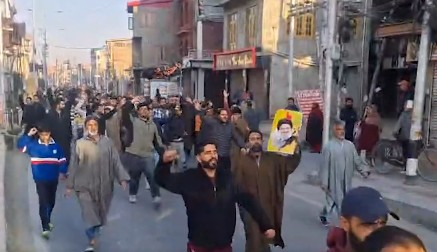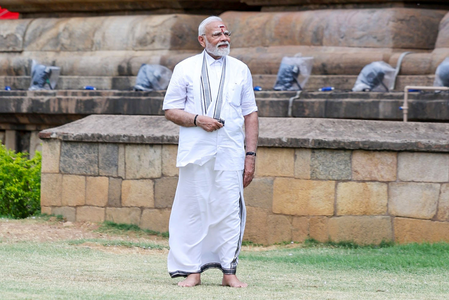
Canadian Prime Minister Justin Trudeau recently asserted in the House of Commons that India was involved in the assassination of Hardeep Singh Nijjar, a prominent figure in the Khalistan separatist movement. Nijjar was fatally shot in June of this year, and he had been a vocal advocate for Khalistan, a separatist ideology that calls for the secession of Punjab from India.
Who Was Hardeep Singh Nijjar?
Hardeep Singh Nijjar was born in Bharsinghpur village in Punjab’s Jalandhar and later immigrated to Canada in 1995. Over the years, he gained notoriety for his involvement in violent acts, subversive activities, and his association with banned separatist organizations.
Residing in Canada, Nijjar had been eluding authorities due to his alleged participation in terrorist activities in India. The National Investigation Agency (NIA) had filed charges against him for his role in plotting and executing acts of terrorism against India.
Nijjar was linked to several high-profile acts of violence, including the Shingar Cinema bomb blast in Ludhiana in 2007 and the assassination of Rashtriya Sikh Sangat President Rulda Singh in Patiala in 2009.
Involvement in the Khalistan Movement
Nijjar actively supported the Khalistan movement, which aimed to establish an independent Sikh state in Punjab, India. He played a significant role in organizing the Khalistan Referendum in Brampton, Ontario.
Nijjar was associated with Sikhs for Justice (SFJ), a separatist organization banned in India. He faced accusations of involvement in terrorist activities in Punjab, leading the Indian government to repeatedly call on Canadian authorities to take action against him.
Nijjar was designated as a ‘wanted terrorist’ by the Indian government, and his name appeared on a list of designated terrorists, along with 40 others. In 2022, the National Investigation Agency (NIA) offered a reward of Rs 10 lakh for information that could lead to Nijjar’s arrest. He was accused of conspiring to murder a Hindu priest in Jalandhar, Punjab, with the conspiracy attributed to the Khalistan Tiger Force (KTF), of which Nijjar served as the chief.
Association with the Khalistan Tiger Force (KTF)
In 2011, Nijjar was introduced to Jagtar Singh Tara, the leader of the Pakistan-based Khalistan Tiger Force (KTF), solidifying his ties to the militant organization.
Nijjar’s life and activities were marked by controversy and allegations of involvement in violence and terrorism related to the Khalistan movement. His assassination raised questions and prompted statements from various political figures and organizations.




